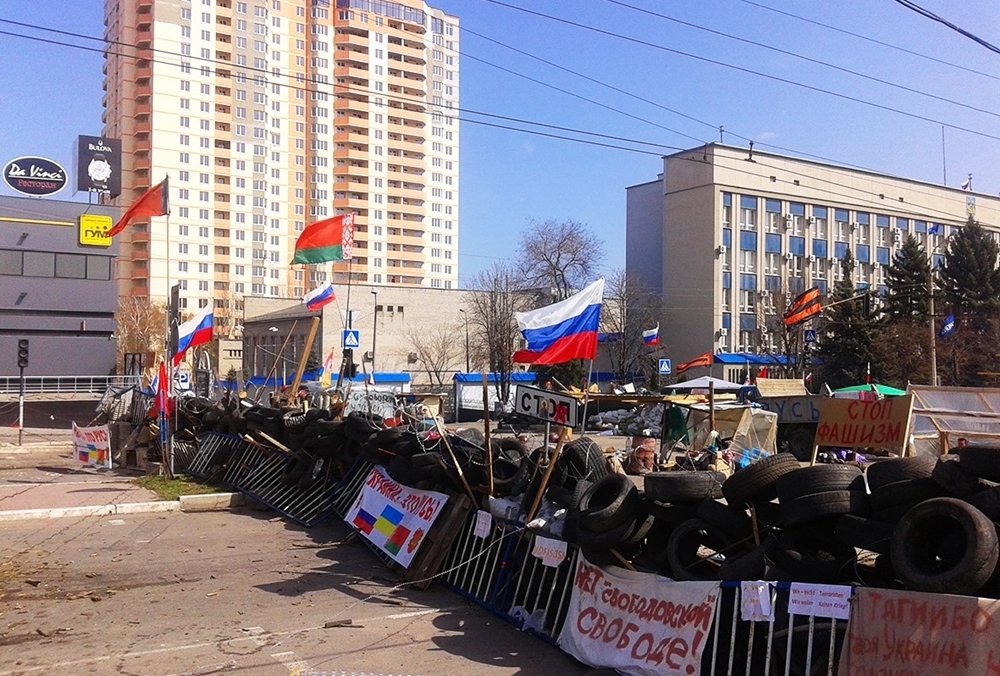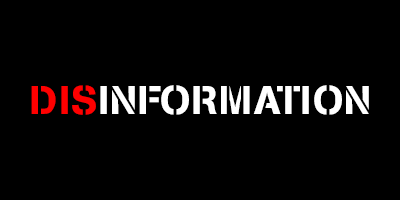RUSSIA MONITOR
Date: 10 March 2018
“People’s republics”. The end of the experiment?
Everybody in Moscow realises that a maintenance of the Russian occupation in the part of Donbass in a current shape does not bring political dividends and is expensive, instead. Therefore, one should expect that after the presidential elections in Russia, as a result of personal, institutional and political changes, the status of so-called Donetsk People’s Republic and so-called Luhansk People’s Republic will be thoroughly changed. It is possible that they would merge into one administrative body, and their administration would be reshuffled.

The Kremlin for some time struggles to realise its scenario of deploying ONZ’s peacekeeping forces in Donbass, and then to meet the political points of Minsk agreements. Of course, the whole process would take place on Russia’s terms, and as a final result the now occupied one third of the Luhansk and Donetsk Oblasts’ territories would return under the formal Kiev’s control, but on special terms, de facto meaning maintaining Russian domination there, and consequently gaining the influence on politics of the entire Ukraine. The realisation of this scenario entails liquidation of “peoples republics” as being illegal formations in the eyes of the Ukrainian law. It seems that this topic was already touched during the conversation of special USA envoy on Ukrainian affairs Kurt Volker with the Kremlin’s Donbass curator Vladislav Surkov. Recently, Volker has for the first time openly stated that DPR and LPR should be liquidated, because there is no room for them in the Ukrainian constitutional order. According to Volker, they were constituted only to hide the real Russian role in Donbass. But the liquidation of the “republics” solely will not solve the problem of the Russian control over the part of the Ukrainian territory.
Within the framework of Minsk agreements, Ukraine’s authorities are to conduct local elections in Donbass to regulate the conflict there. But first, Kiev wants to regain the control over the border – which Moscow will not allow for. In turn, Volker says, that the elections will be possible six months after the deployment of international peacekeeping forces in Donbas. But the Kremlin is unlikely to agree on such a composition and status of the contingent, which would deprive Russia of the influence in the region. Putin can propose a kind of transaction: ONZ peacemaking forces would comply with Moscow’s interests, in exchange for “people’s republics” liquidation. Arrangements has started in autumn, with the putsch in Luhansk. Today, under the pretext of combat with the Ukrainian agentry, people of the “republic’s chief”, Pasechnik, are arresting the competitors previously connected with Plotnitsky. Among others, a former Minister of Communications and Mass Media Mikhail Sergeenko was arrested for “terrorism”. FSB has a more difficult task in neighbouring Donetsk. Alexander Zakharchenko is a result of the old compromise between Lubyanka, GRU and Surkov. But his position is weakening, and FSB’s favourite is Khodakovsky, an old enemy of Zakharchenko. So far, Zakharchenko defends himself, by e.g. exposing to siloviki the Minister of Coal and Energy Eduard Golenko, who was related to Akhmetov and Yanukovych Junior before 2014.
But if the decision on liquidation of the “republics” is made on the higher level, Zakharchenko will share the fate of Plotnitsky, and both entities will merge with the dominating position of current Luhanks’s authorities: Pasechnik and Igor Kornet, the real lieutenant of FSB. Further turn of events will depend not only on international discussions and the initiative of ONZ peacekeeping missions in Donbass, but on the political situation in Moscow after the elections. To be precise, on the relations between secret services and Surkov’s status. It is being said, that he can lose his position and influences in the Kremlin.
All texts published by the Warsaw Institute Foundation may be disseminated on the condition that their origin is credited. Images may not be used without permission.














